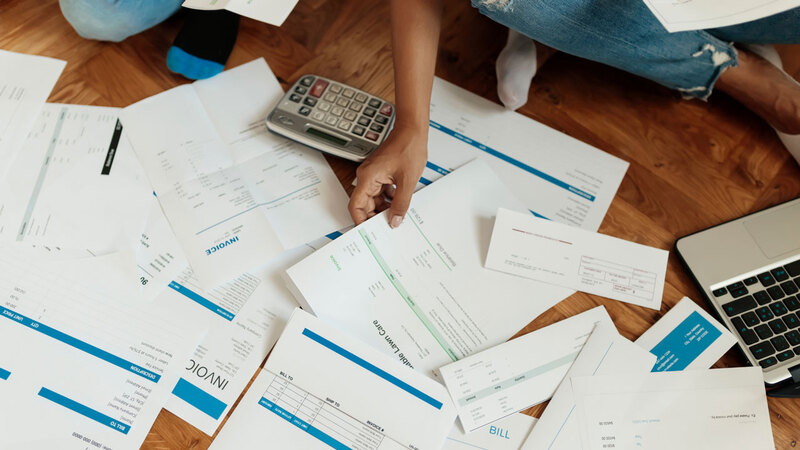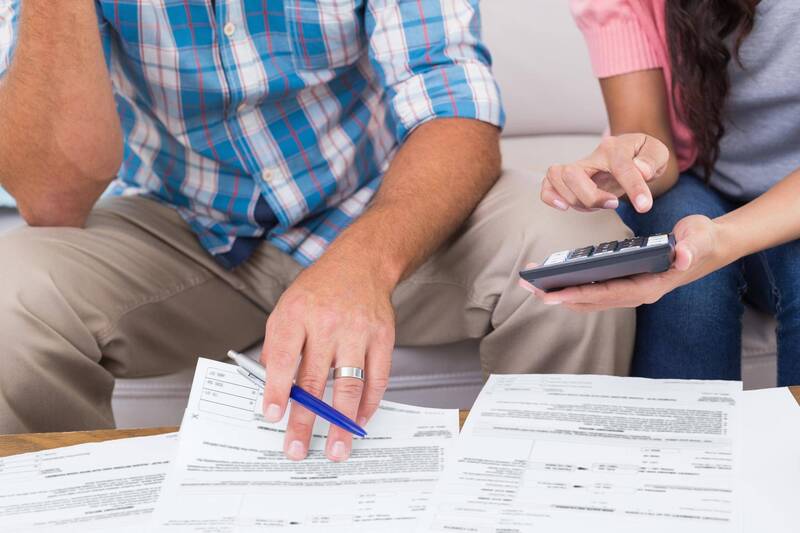This guide will walk you through the basics of debt and bill consolidation, its benefits, and what to consider before taking the plunge.
What Is Debt and Bill Consolidation?
Debt and bill consolidation involves combining multiple debts or bills into one single loan. This means instead of paying several creditors each month, you’ll make just one payment, often at a lower interest rate.
For example, if you have credit card debt, a personal loan, and unpaid utility bills, a consolidation loan can help you pay off all these obligations at once. The result? A simpler, more manageable financial situation.
The primary goal of debt consolidation is to reduce the overall cost of your debt by lowering interest rates and monthly payments. It’s especially helpful for those dealing with high-interest debts, such as credit card balances, which can quickly spiral out of control if left unchecked.
How Does Debt and Bill Consolidation Work?

When you apply for a debt consolidation loan, the lender pays off your existing debts on your behalf. In return, you’ll owe the lender a single monthly payment, typically at a lower interest rate than what you were paying before. This can save you money over time and make it easier to keep track of your finances.
For instance, let’s say you have three credit cards with balances of $5,000, $3,000, and $2,000, each with an interest rate of 18%. By consolidating these into one loan with a 12% interest rate, you could significantly reduce the amount of interest you pay each month. Plus, you’ll only have one payment to worry about instead of three.
Benefits of Debt and Bill Consolidation
- Lower Interest Rates: One of the biggest advantages of debt consolidation is the potential to secure a lower interest rate. This can save you money in the long run and help you pay off your debt faster.
- Simplified Payments: Managing multiple bills and due dates can be stressful. Consolidation simplifies your finances by combining everything into one monthly payment.
- Improved Credit Score: Making consistent, on-time payments toward your consolidation loan can positively impact your credit score over time.
- Reduced Stress: Knowing exactly how much you owe and when it’s due can provide peace of mind and help you regain control of your financial life.
Things to Consider Before Consolidating
While debt and bill consolidation can be a great tool, it’s not a one-size-fits-all solution. Here are some key factors to keep in mind before moving forward:
- Research Lenders: Not all lenders are created equal. Take the time to research different companies and compare their terms, interest rates, and fees. Look for reviews and testimonials to ensure you’re working with a reputable provider.
- Understand the Costs: Some consolidation loans come with fees, such as origination fees or prepayment penalties. Make sure you understand all the costs involved before signing on the dotted line.
- Compare Loan Terms: Pay attention to the length of the loan and whether the interest rate is fixed or variable. A longer loan term might mean lower monthly payments, but you could end up paying more in interest over time.
- Avoid New Debt: Consolidation only works if you commit to not accumulating new debt. Once you’ve paid off your existing balances, resist the temptation to use your credit cards or take out new loans.
- Check for Hidden Fees: Some lenders may add extra charges, such as payment protection insurance, which can increase the overall cost of the loan. Always read the fine print and ask questions if something isn’t clear.
Types of Debt and Bill Consolidation Loans

There are several types of loans you can use for debt and bill consolidation, each with its own pros and cons:
- Personal Loans: These unsecured loans are a popular choice for debt consolidation. They typically have fixed interest rates and repayment terms, making them easy to budget for.
- Home Equity Loans: If you own a home, you might consider using a home equity loan to consolidate your debts. These loans often have lower interest rates, but they use your home as collateral, which means you could lose your property if you default on the loan.
- Balance Transfer Credit Cards: Some credit cards offer low or 0% introductory interest rates on balance transfers. This can be a good option if you can pay off your debt before the promotional period ends.
- Debt Management Plans: These plans, offered by credit counseling agencies, involve negotiating with your creditors to lower your interest rates and consolidate your payments into one monthly amount.
Is Debt and Bill Consolidation Right for You?
Debt and bill consolidation can be a smart financial move, but it’s not the right choice for everyone. If you’re struggling to make minimum payments on your debts or feel like you’re drowning in high-interest bills, consolidation could provide much-needed relief. However, it’s important to approach it with a clear plan and a commitment to staying debt-free in the future.
Before making a decision, take the time to assess your financial situation. Calculate your total debt, compare interest rates, and consider how long it will take to pay off the consolidation loan. If you’re unsure, consulting with a financial advisor or credit counselor can help you make an informed choice.
Final Thoughts
Debt and bill consolidation can be a powerful tool for regaining control of your finances. By simplifying your payments and potentially lowering your interest rates, it can help you save money and reduce stress. However, it’s essential to do your homework, choose the right lender, and avoid falling back into debt once you’ve consolidated.
Remember, the goal of consolidation isn’t just to make your debts more manageable—it’s to help you achieve long-term financial stability. With careful planning and discipline, you can use debt and bill consolidation as a stepping stone toward a brighter financial future.
